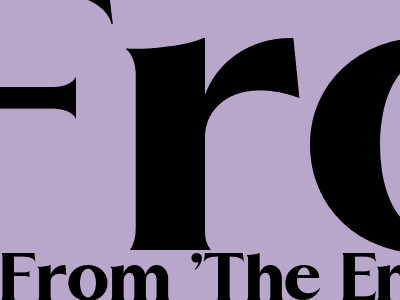
From 'The End of History' To The End Of A Unipolar World
The Rise and Fall of American Hegemony
In the aftermath of the Cold War, the United States emerged as the sole superpower, ushering in an era of American hegemony. Francis Fukuyama famously declared that this unipolar moment represented the "end of history," as the triumph of liberal democracy would lead to the universal convergence of all societies toward a Western model.
The Challenges to American Dominance
However, the unipolar moment proved to be short-lived. The rise of China, the resurgence of Russia, and the emergence of new global powers have challenged American dominance. China, in particular, has emerged as a formidable economic, military, and technological rival to the United States.
These challenges have been exacerbated by the United States' own decline. The country faces a range of domestic challenges, including political polarization, economic inequality, and a lack of investment in infrastructure and education. These challenges have weakened America's ability to project power and maintain its global leadership.
The End of the Unipolar World
As a result of these trends, the unipolar world has come to an end. The United States no longer enjoys the same level of dominance that it did in the 1990s. Instead, the world has become increasingly multipolar, with several countries competing for influence and power.
The Implications of a Multipolar World
The end of the unipolar world has a number of implications. First, it means that the United States will need to adjust to a world in which it is no longer the sole superpower. This will require the United States to develop new strategies for engaging with other countries and to forge new alliances.
Second, the end of the unipolar world will lead to a more complex and unpredictable international system. With several countries competing for power, the potential for conflict and instability will increase. This will make it more difficult for the United States to achieve its foreign policy goals.
Third, the end of the unipolar world will have a significant impact on the global economy. The rise of China and other emerging powers will create new opportunities for economic growth, but it will also lead to increased competition and uncertainty. This will make it more difficult for businesses to plan for the future and to make long-term investments.
Conclusion
The end of the unipolar world is a major turning point in global history. It will have a profound impact on the way that countries interact with each other, on the global economy, and on the lives of people around the world.